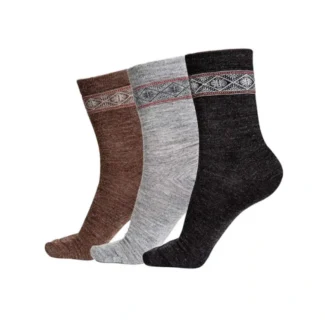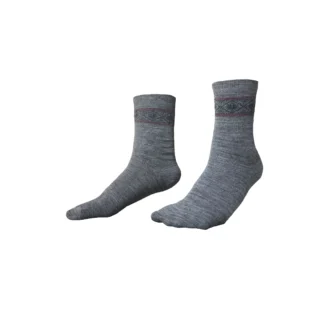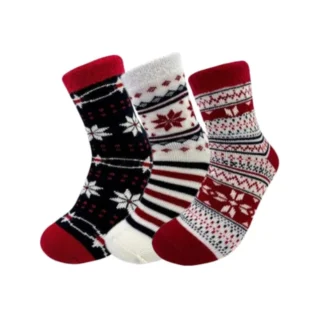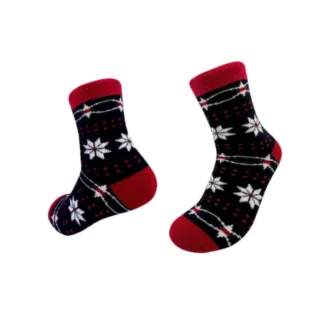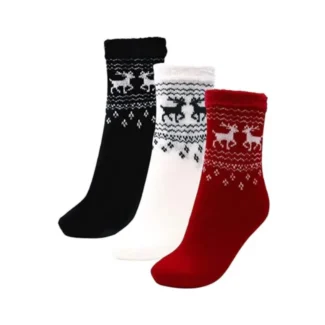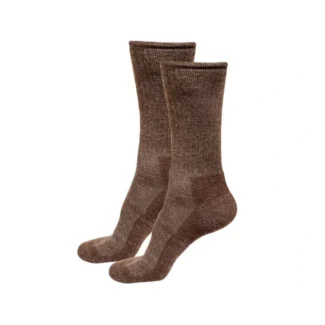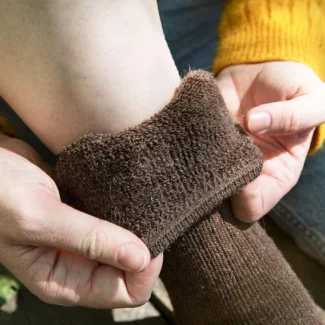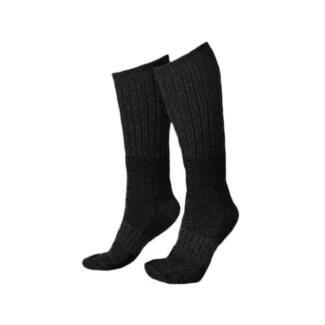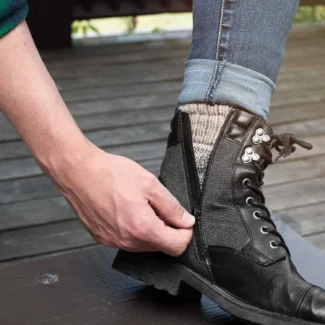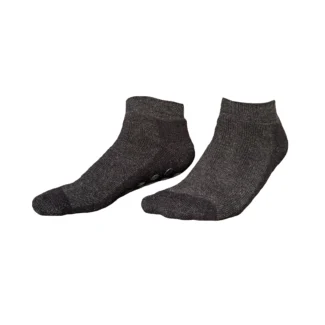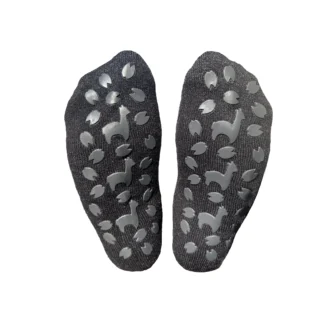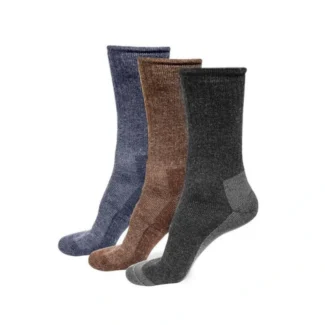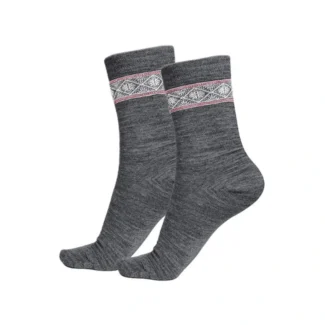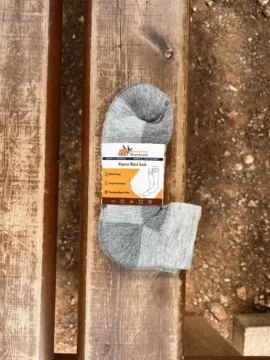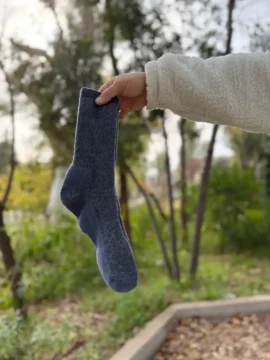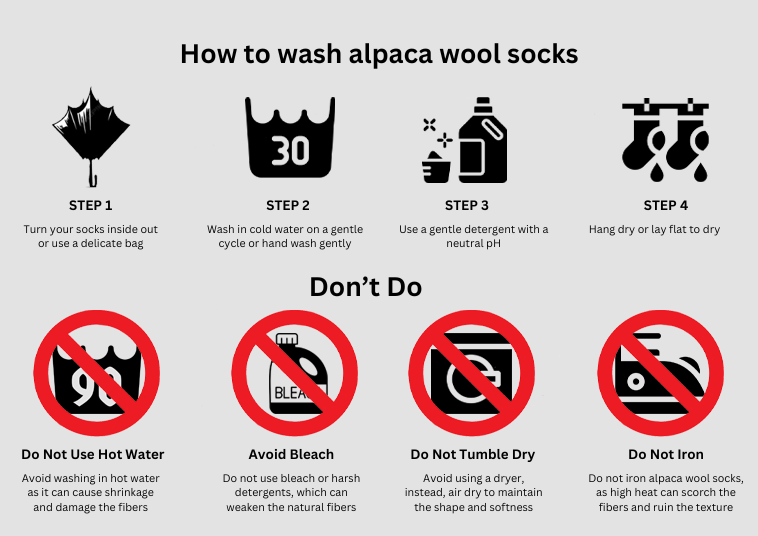
Top 5 Myths About Alpaca Wool Debunked
Alpaca wool is like the superhero of natural fibers—strong, versatile, and incredibly cozy. But even superheroes have their detractors, and over the years, a few myths and misconceptions about alpaca wool have cropped up. If you’ve been on the fence about trying alpaca wool products, it’s time to set the record straight. Here are the top 5 myths about alpaca wool, debunked.
Myth #1: Alpaca Wool Is Too Warm for Everyday Wear
Let’s kick things off with the warmth factor. Yes, alpaca wool is warm—after all, it comes from animals that thrive in the chilly Andes Mountains. But here’s the truth: alpaca wool is also incredibly breathable. That means it adapts to your body temperature, keeping you warm when it’s cold and cool when it’s hot. So whether you’re wearing alpaca wool socks in the dead of winter or a light alpaca scarf on a breezy spring day, you’ll stay comfortable. Alpaca wool isn’t just for cold weather; it’s an all-season superstar!
Myth #2: Alpaca Wool Is Itchy and Uncomfortable
We get it—when you hear “wool,” you might think of that scratchy sweater your grandma knitted for you years ago. But alpaca wool is different. Unlike sheep’s wool, which contains lanolin (a common irritant), alpaca wool is lanolin-free and hypoallergenic. That means it’s super soft and gentle on your skin. In fact, alpaca wool is often compared to cashmere in terms of softness, but with the added benefit of being more durable. So if you’re worried about itchiness, rest easy—alpaca wool is all about that cozy, non-itchy comfort.
Myth #3: Alpaca Wool Is Hard to Care For
There’s a common misconception that alpaca wool products are high-maintenance and difficult to care for. But the reality? They’re pretty low-key. Alpaca wool is naturally resistant to odors and stains, so it doesn’t need to be washed as often as other materials. When it does need a clean, a gentle hand wash with mild soap and cold water is all it takes. Lay it flat to dry, and you’re good to go! No need for complicated routines or trips to the dry cleaner—alpaca wool is as easy-going as it gets.
Myth #4: Alpaca Wool Isn’t as Durable as Synthetic Materials
Here’s a myth that needs to be busted once and for all: the idea that natural fibers like alpaca wool can’t keep up with synthetics in the durability department. The truth is, alpaca wool is incredibly strong and resilient. The fibers are longer and smoother than sheep’s wool, which means they’re less prone to pilling and wear. Alpaca wool products can withstand daily wear and tear, keeping their shape and softness for years. So, whether you’re hiking, lounging, or just going about your day, alpaca wool has got your back (or, more accurately, your feet).
Myth #5: Alpaca Wool Products Are Too Expensive
Okay, let’s talk about the price tag. Yes, alpaca wool products can be more expensive than their synthetic counterparts—but there’s a reason for that. When you buy alpaca wool, you’re investing in quality, sustainability, and a product that’s built to last. Alpaca wool is a natural, renewable resource, and the production process is more eco-friendly than the manufacture of synthetic fibers. Plus, because alpaca wool is so durable, you won’t need to replace it as often, which can save you money in the long run. It’s a classic case of “you get what you pay for,” and with alpaca wool, you’re getting something truly special.
The Verdict: Alpaca Wool Is the Real Deal
So there you have it—the top 5 myths about alpaca wool, officially debunked. If you’ve been hesitant to try alpaca wool products because of these misconceptions, we hope this clears things up. Alpaca wool isn’t just warm and cozy; it’s soft, durable, easy to care for, and worth every penny. Next time you’re shopping for socks, scarves, or sweaters, consider giving alpaca wool a try—you’ll be glad you did!

